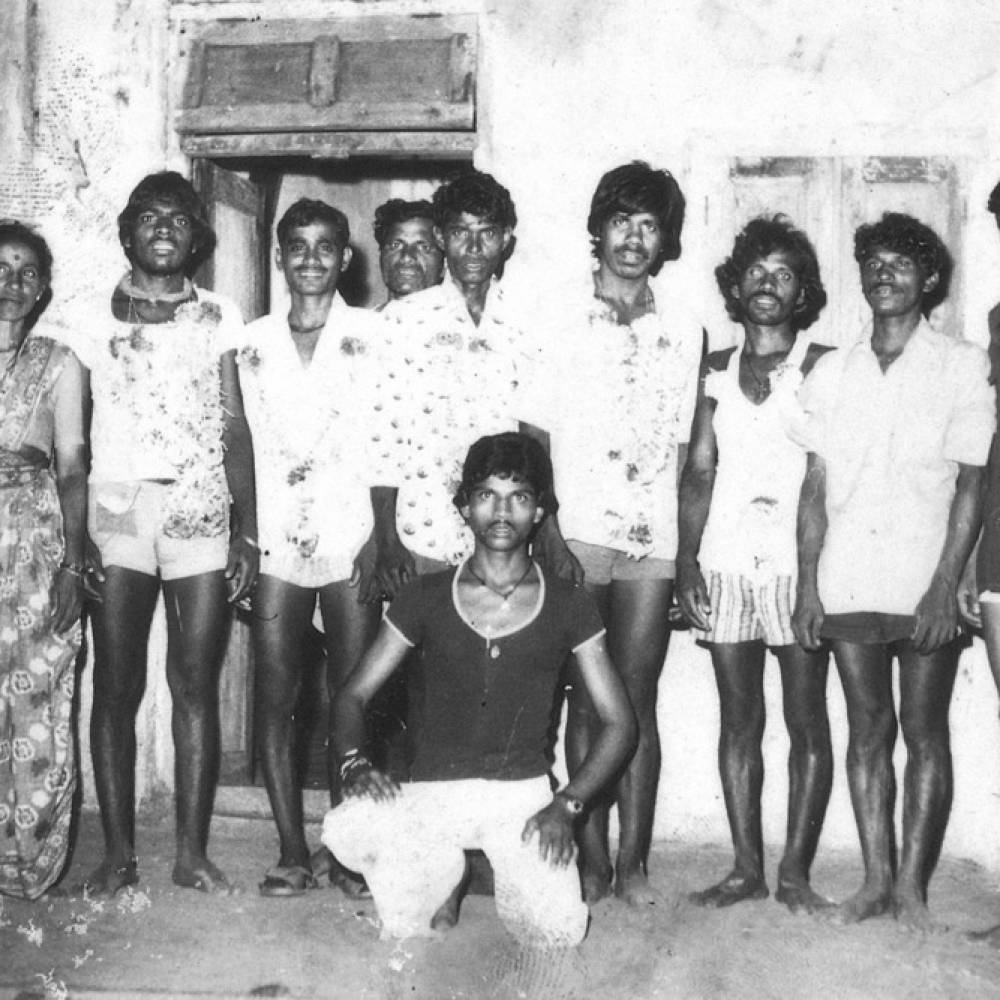
Background
Vidhayak Sansad has its roots in Dahisar, a small village in Thane district approximately seventy kilometres north of Mumbai.
In 1980 Vivek and Vidyullata Pandit, social activists from Mumbai, discovered there that dozens of families, many of them tribals, lived as bonded labourers. These impoverished families had borrowed small sums from the local landlords and had since fallen into cycles of debt that they had to repay with years of gruelling labour. The practise was illegal, but the poor lived in ignorance of the law. Vivek and Vidyullata struggled to raise awareness and inspire the labourers to declare themselves free.
Our Founders
Vivek and Vidyullata Pandit have worked tirelessly for over three decades to empower the poor of Maharashtra. Their commitment to eradicating injustice and fearlessly combating exploitation has changed the lives of thousands.
They began their careers in the early 1970s as activists of the Rashtra Seva Dal, a youth socialist movement.
Later they joined the struggle against Indira Gandhi’s imposition of Emergency in 1975. Vidyullata was jailed for two and a half months for vigorously protesting the state’s draconian suspension of civil rights. After the fall of Indira Gandhi’s government, the couple resolved to work with the youth in Mumbai’s slums.
Vivek-Pandit
Our-Founder
He is passionate about supporting the sector in any way she can.
Vidyullata Pandit
Our Founder
He is passionate about supporting the sector in any way she can.
Make A Donation
Giving a donation to Donatics can help us to reach more children transform their lives for the better. Join your hand with us for a better life and beautiful future.